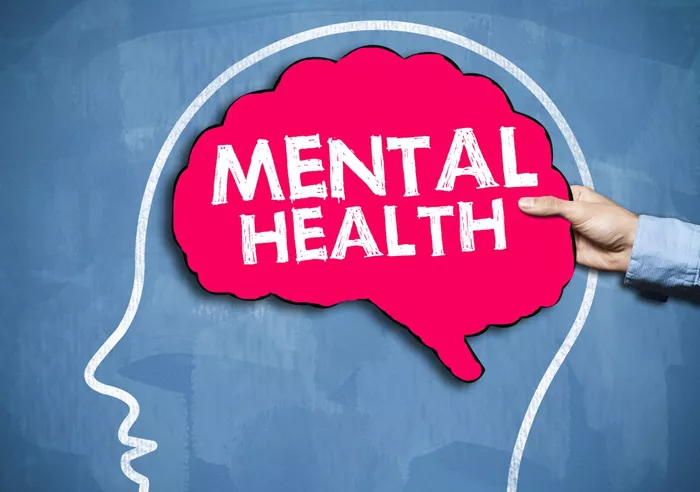British Columbia’s Health Minister Josie Osborne reported that nearly 6,000 people in the province were on extended leave from involuntary mental health care as of last week. This figure counters opposition claims that the government cannot track these patients.
Extended leave allows individuals under involuntary mental health treatment to live in the community while still receiving care and supervision.
As of last Tuesday, there were 5,915 people on extended leave in B.C., including 2,202 in the Vancouver Coastal health region. These individuals are supported by dedicated care teams to ensure they receive necessary services.
This issue gained attention after it was revealed that the suspect in the April 26 Lapu Lapu Day festival attack in Vancouver, which killed 11 people, was on extended leave at the time.
The suspect, Adam Kai-Ji Lo, has been charged with eight counts of second-degree murder and is expected to face additional charges.
Opposition critic Claire Rattée questioned the government’s ability to track patients on extended leave, but Minister Osborne emphasized that the numbers fluctuate daily and that care teams actively monitor these patients.
The provincial government is also reviewing its Mental Health Act following the tragedy to assess if current laws effectively balance patient care and public safety.
Meanwhile, Vancouver’s mayor has called for increased investment in mental health services, including more treatment beds and improved safety measures.
The incident has sparked broader discussions about mental health care transparency and community support in B.C. Experts note that better data and expanded voluntary community services are needed to improve outcomes for people with mental illnesses.
This report was first published by The Canadian Press on May 26, 2025.


